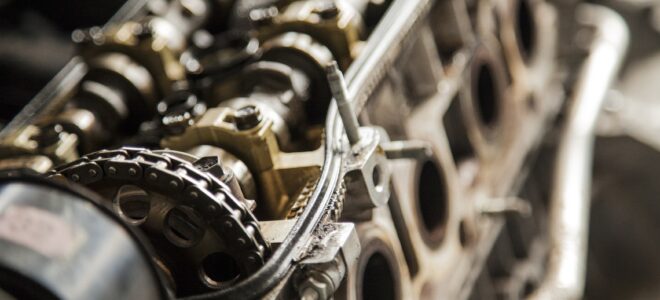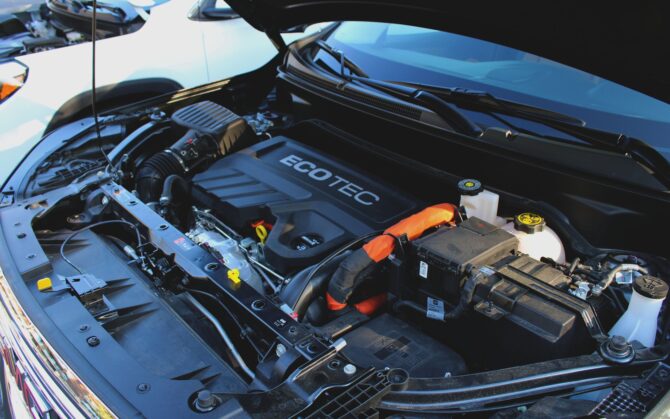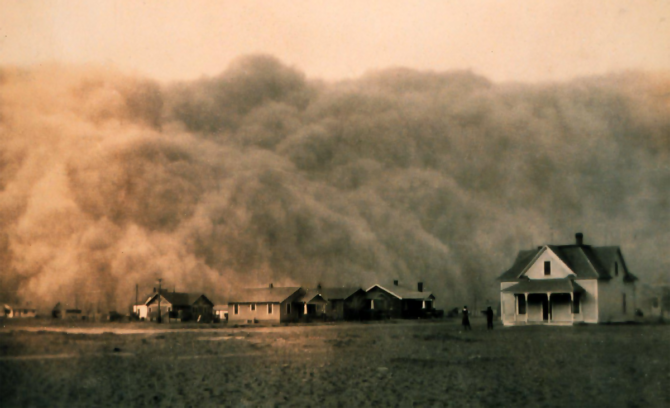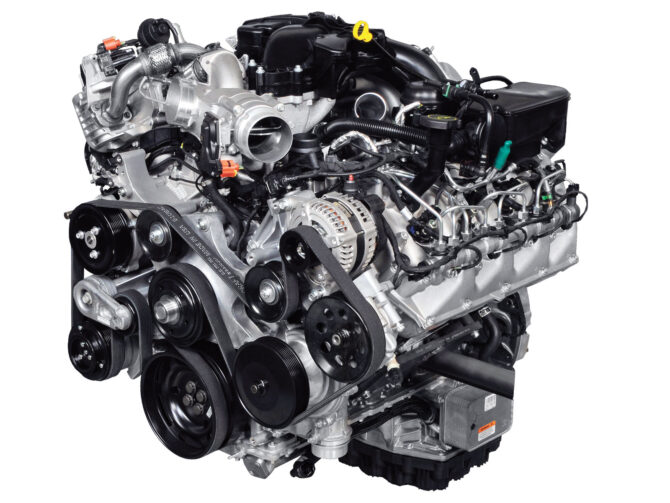
Diesel engines are known for being much more fuel efficient than gasoline engines. They are also known to provide great torque and power. As a result, they are often used in vehicles responsible for towing, hauling, and long-distance driving. Of course, even with the best engines, you want to ensure that you take proper care.
If you own a diesel truck or vehicle in San Antonio, you might be curious about how the hot summer weather affects your engine. In this article, we will explore some of the lesser-known weather-related issues that diesel engines are prone to.
How Does San Antonio’s Weather Affect A Diesel Engine?

Source: mobile.guideautoweb.com
San Antonio is known for its particularly hot summers. Between June and August, temperatures can range from the mid 90s°F to the low 100s°F. Those are high temperatures, and it is not uncommon for the city to experience heat waves.
When the temperatures are particularly high, the city frequently experiences thunderstorms that cool things down.
As you can imagine, such extreme weather that is prone to rapid changes is not ideal for a diesel engine. It can cause a number of issues, and finding a reputable San Antonio diesel engine repair mechanic becomes a priority for most diesel vehicle owners.
However, before you take your vehicle to the shop, you will need to be aware of what these common diesel engine issues are. Let us look at some of them.
Condensation-Related Issues
Fall, winter, and spring are more or less moderate when it comes to the temperature in San Antonio. It is primarily the summertime that you need to be concerned about. When temperatures heat up and then cool down during the day and night cycle, condensation is a common side effect. It also is a major culprit to a host of diesel engine-related problems.
Fuel contamination, corrosion, cold-start problems, oil dilution, and exhaust gas recirculation (EGR) system issues can all be caused by condensation. Many of these issues can be addressed by proper user maintenance. However, when things get out of hand, they get severe enough that they are best handled by a mechanic.
You can easily prevent condensation issues by keeping your fuel tanks full and regularly draining water from fuel filters. Many diesel engines have water separators and fuel filter assemblies that feature water drain valves. People often forget that they can perform these simple maintenance tasks and save a lot of money in the long run.
Dust-Related Issues

Source: en.wikipedia.org
Dust is another common factor that creates problems, and San Antonio is known for its dust.
When a diesel engine (or even a gasoline engine, for that matter) is exposed to particles, both fine and coarse, the air intake filters get clogged over time. Users may not expect air filters to be as important as other engine components, but they have the potential to reduce fuel efficiency, engine power and increase emissions.
Moreover, dust has a way of getting everywhere, and it is not uncommon to see deposits in the combustion chamber. This should never happen under normal circumstances. It is only seen when a person is driving without an air filter or when the air filter hasn’t been changed in a while and is compromised.
Dust can also cause general wear and tear across other engine components. It can affect the piston rings, cylinder walls, and valve seats. A lack of maintenance will exacerbate the problems this creates and the damage it can cause to critical engine parts.
Direct Temperature-Related Issues

Source: ecarpak.wordpress.com
According to Texas Elite Auto & Diesel, some of the most common issues diesel engines are prone to are loose throttles and leaking around gaskets and connections. The high temperatures in San Antonio can affect rubber components over time.
There is surprisingly a lot of rubber in a diesel engine. One can find gaskets and seals, O-rings, sealing rings, timing belts, and vibration dampers, all made of rubber.
When these components are exposed to high temperatures for prolonged periods, the seal integrity gets compromised. Temperature changes can cause the rubber to swell, shrink, or become brittle. When that happens, the original shape of the component changes, leading to potential gaps and improper sealing.
Conclusion
Dealing with dust, condensation, and other factors caused by the weather in San Antonio is part and parcel of the diesel-engine experience. While it may feel tempting to work on some of these problems yourself, it is always best to get professional help.
Modern diesel engines are complex and contain emission control systems and electronic engine control units (ECUs) that require regular maintenance. Working on these aspects requires specialized knowledge and experience that is best handled by a skilled mechanic.



